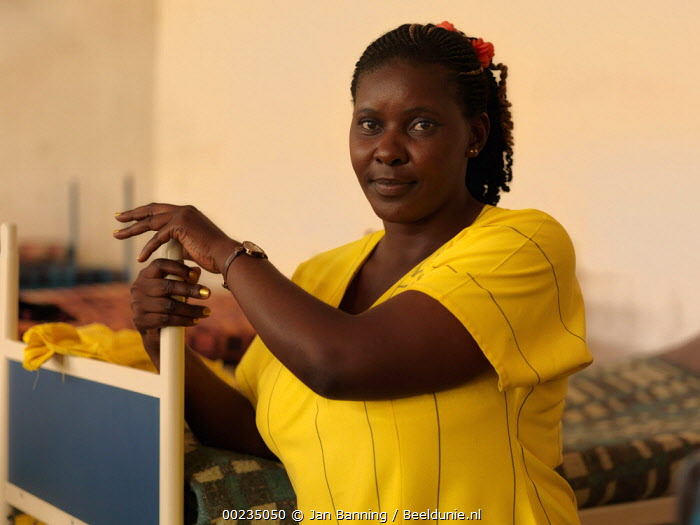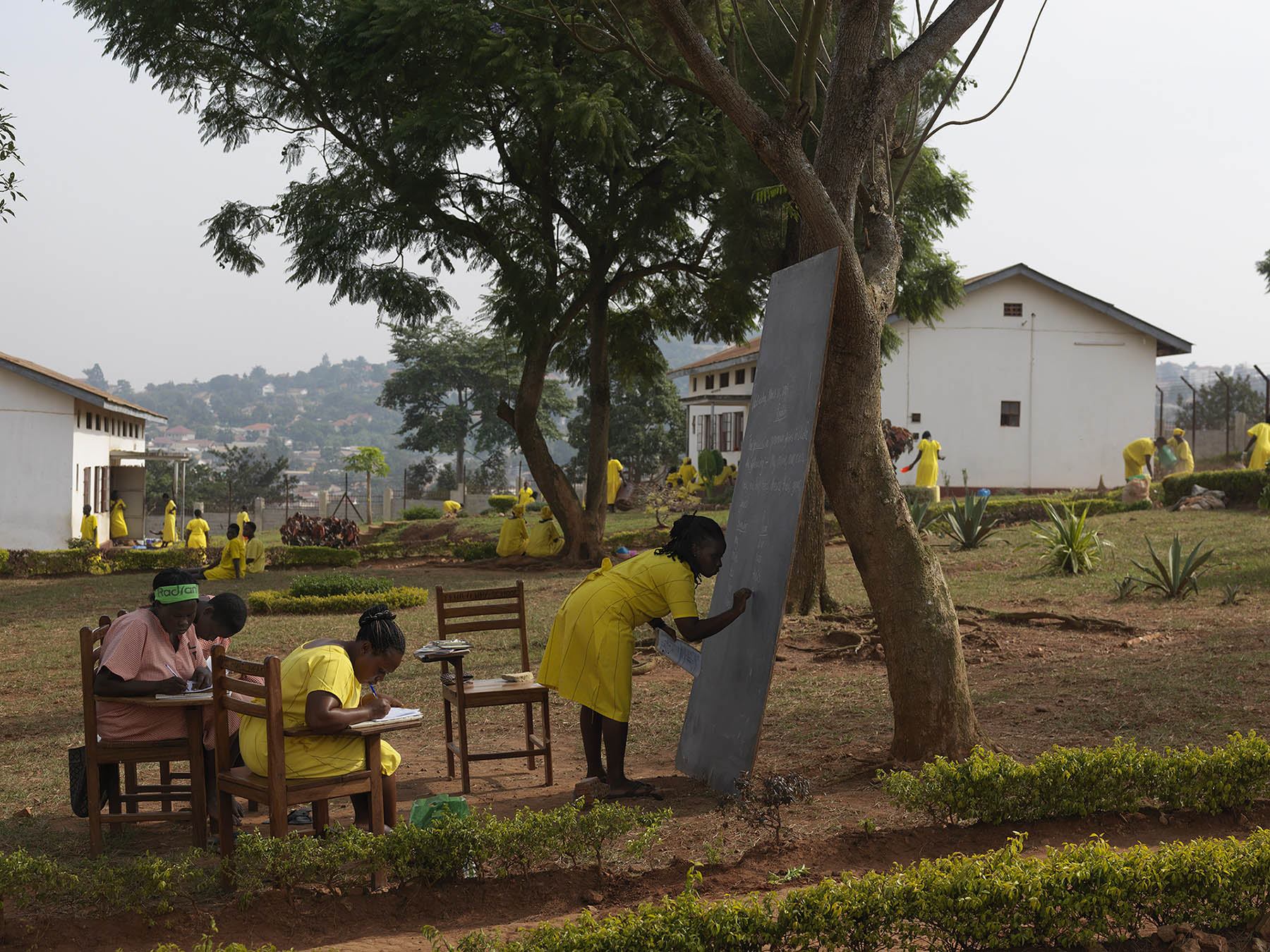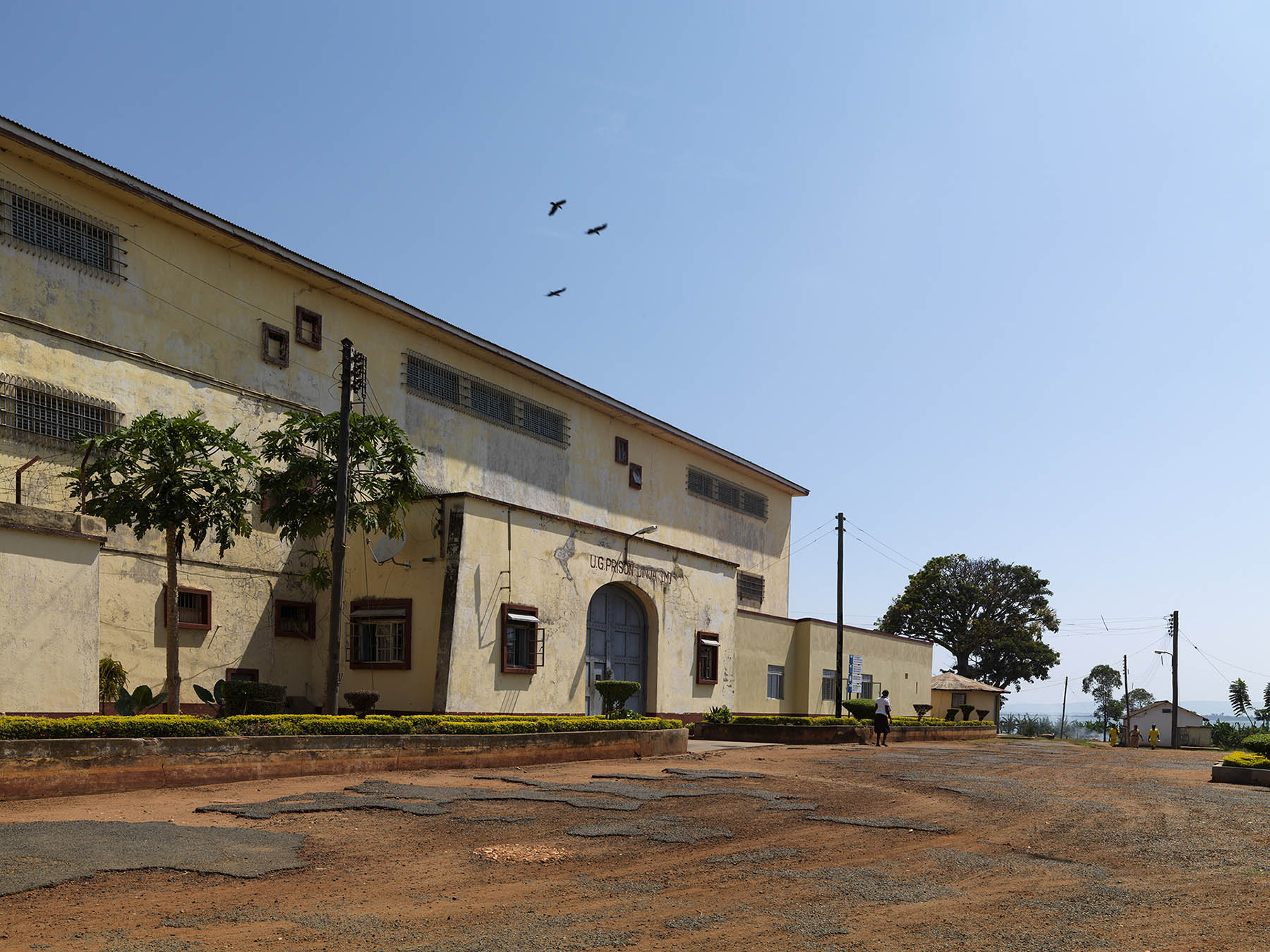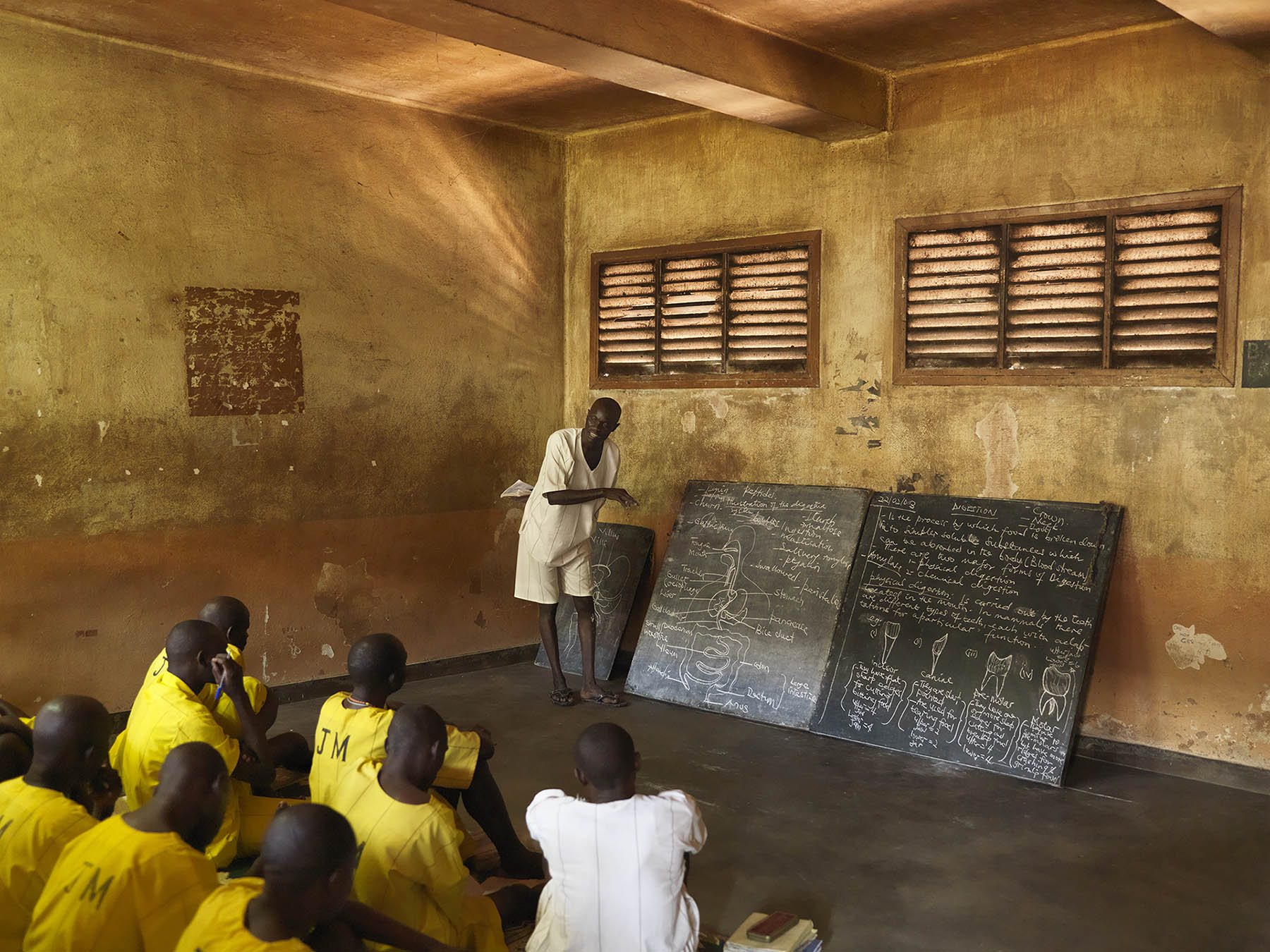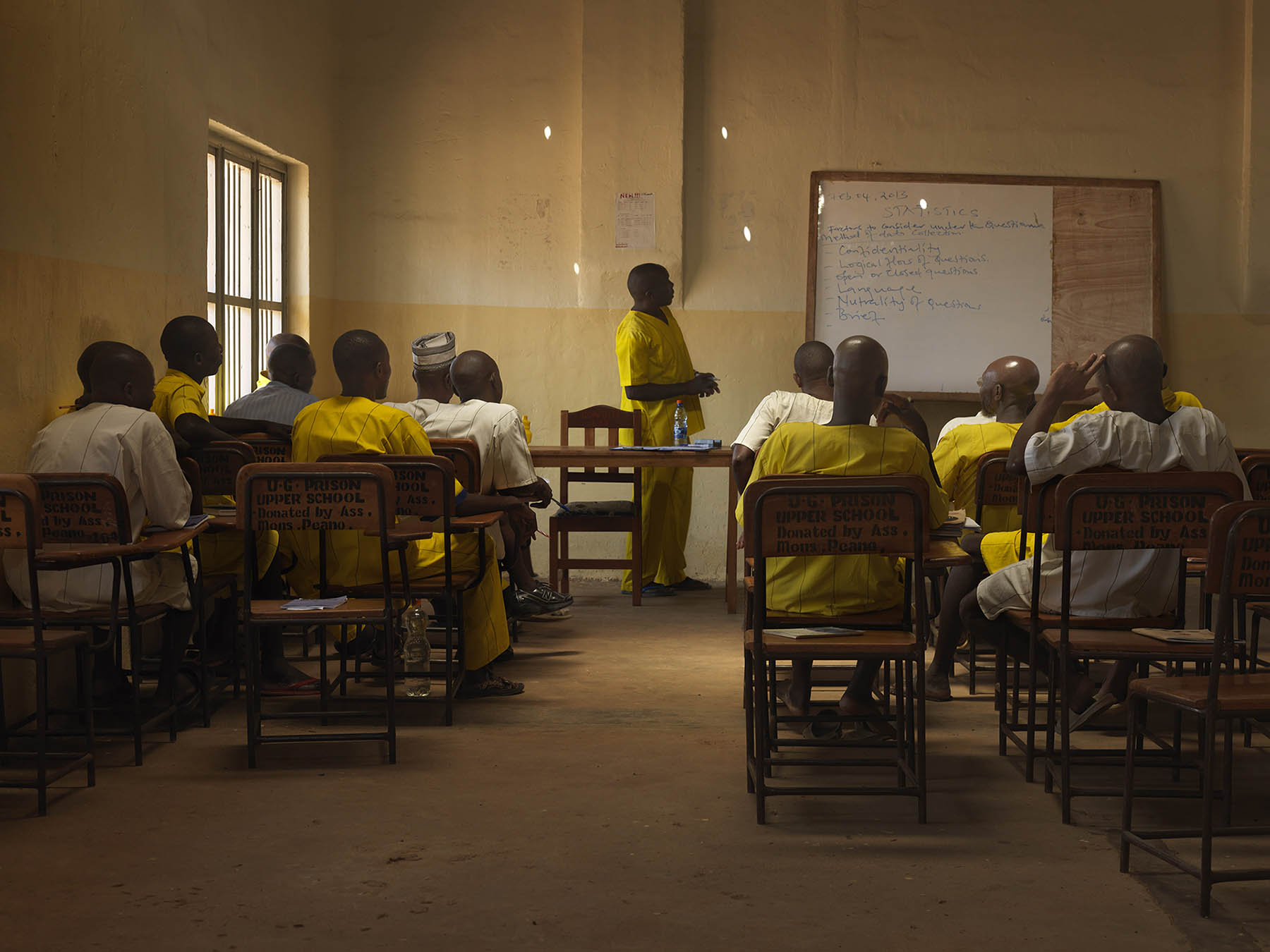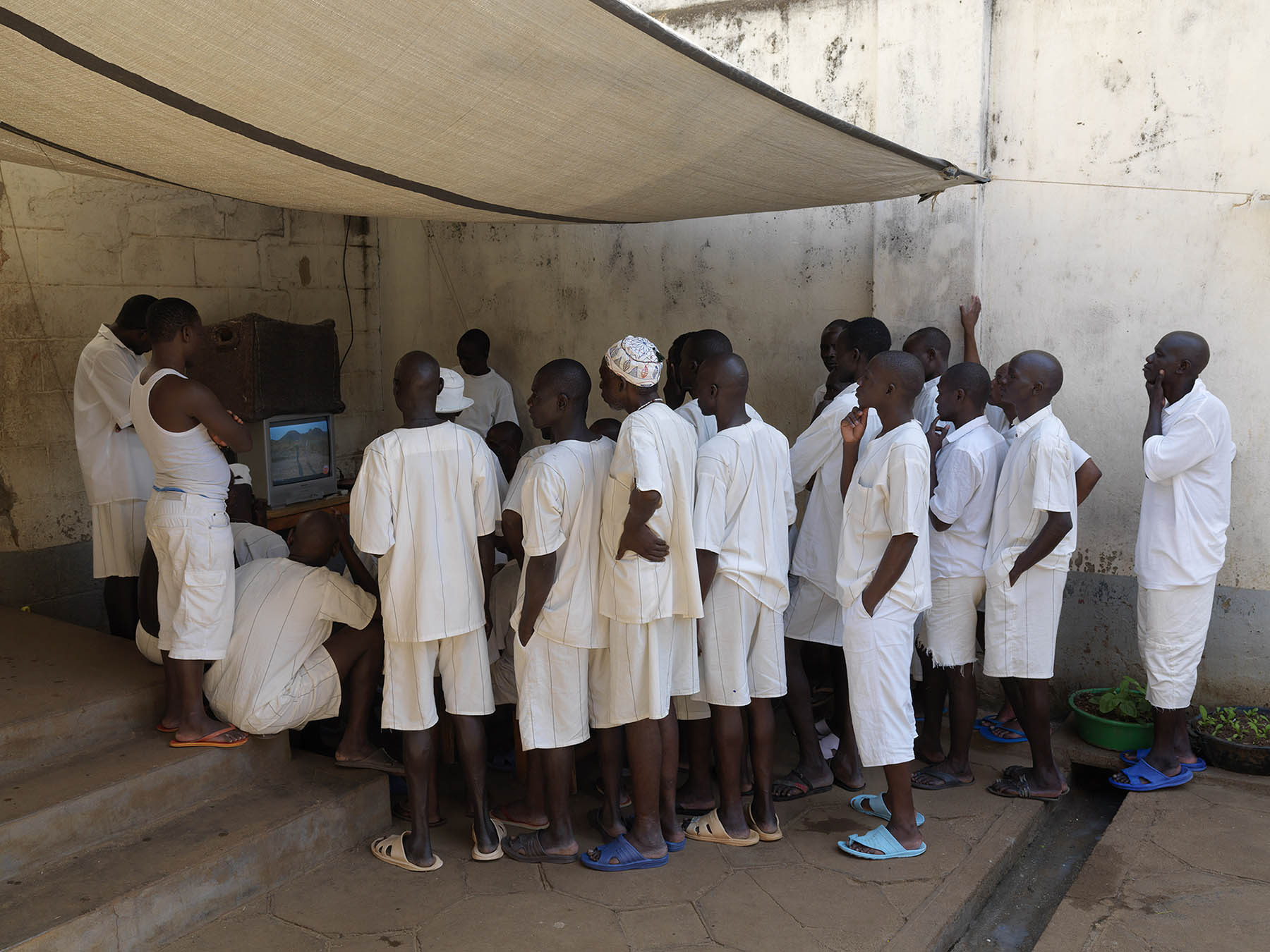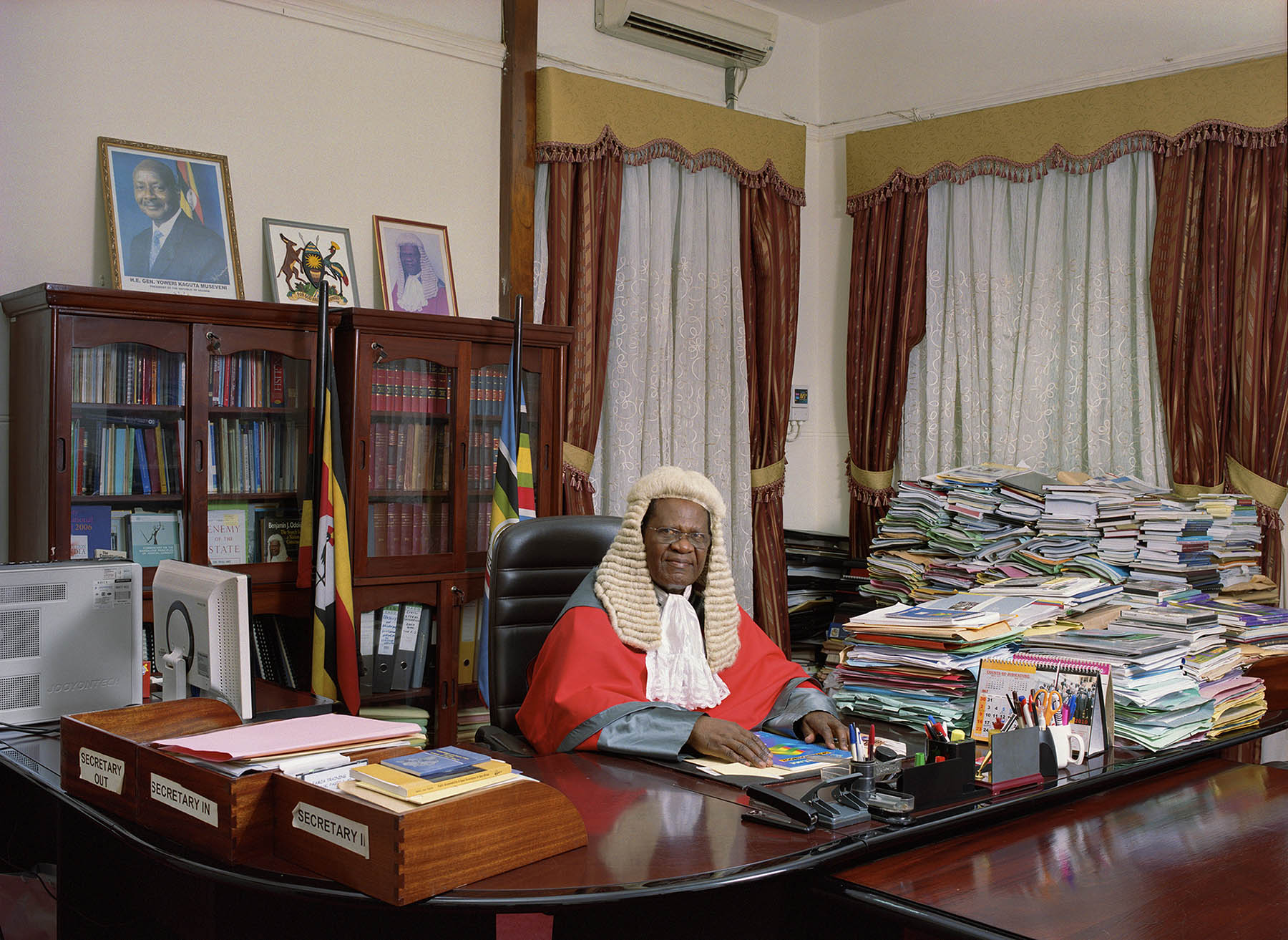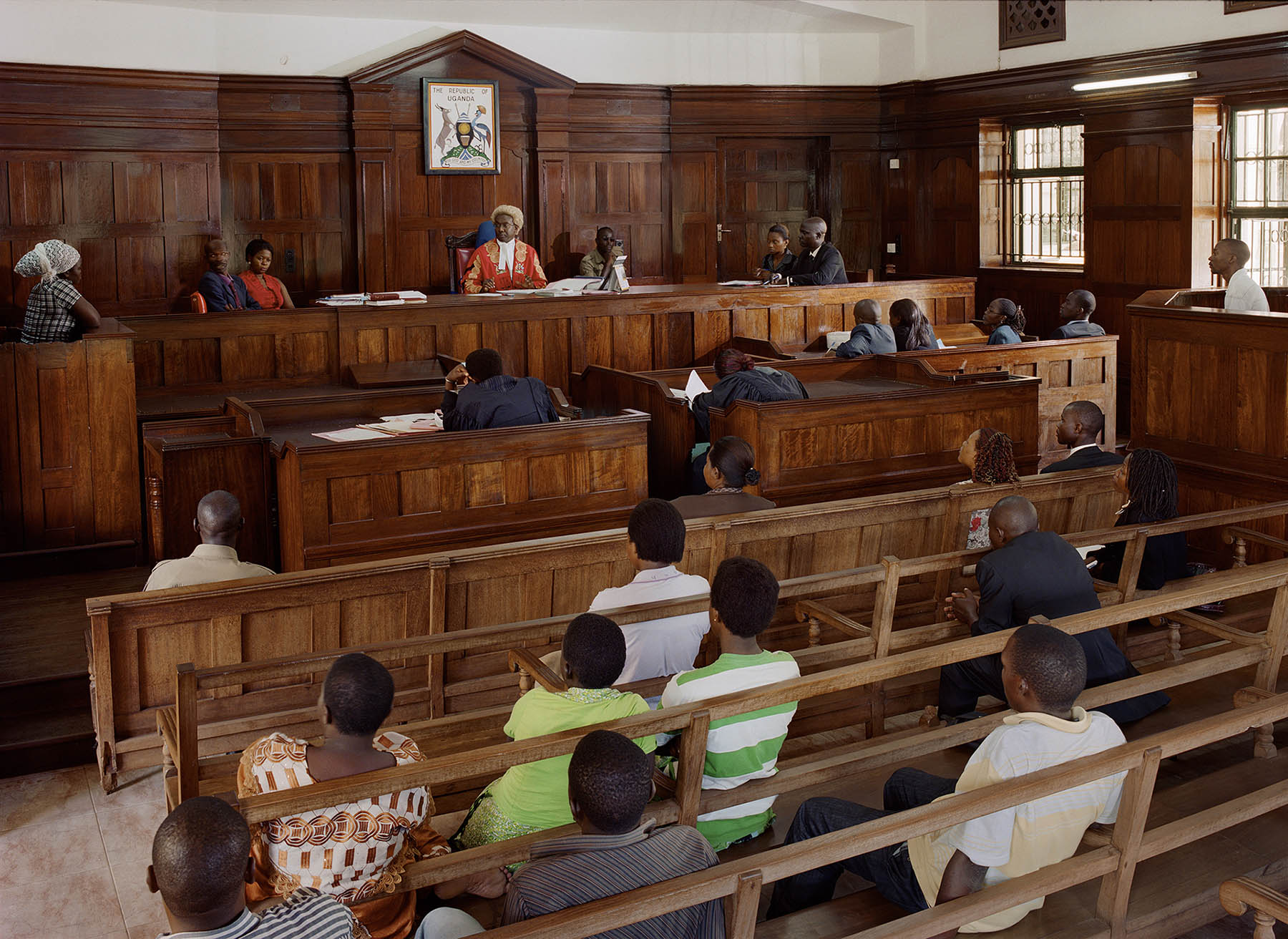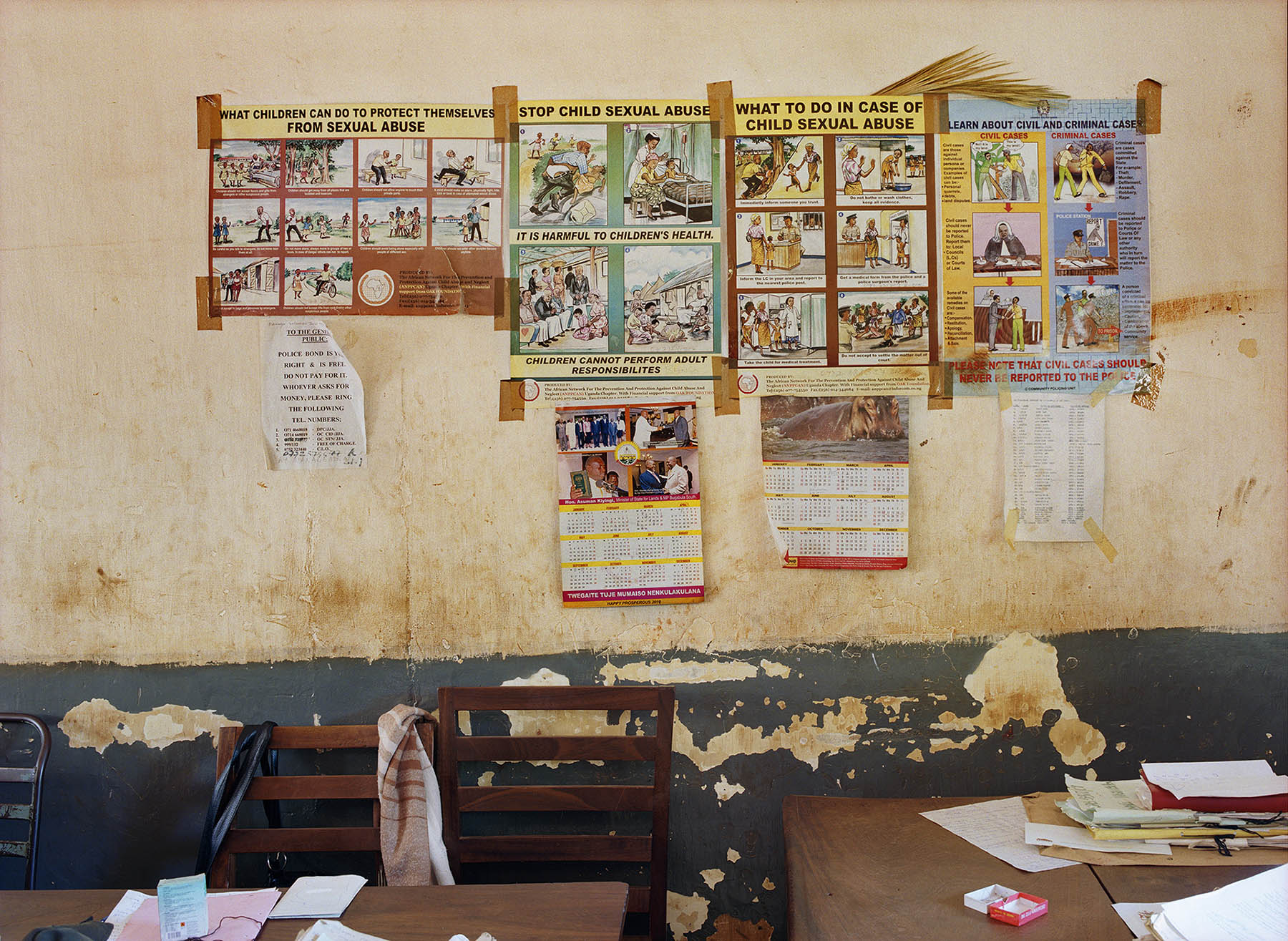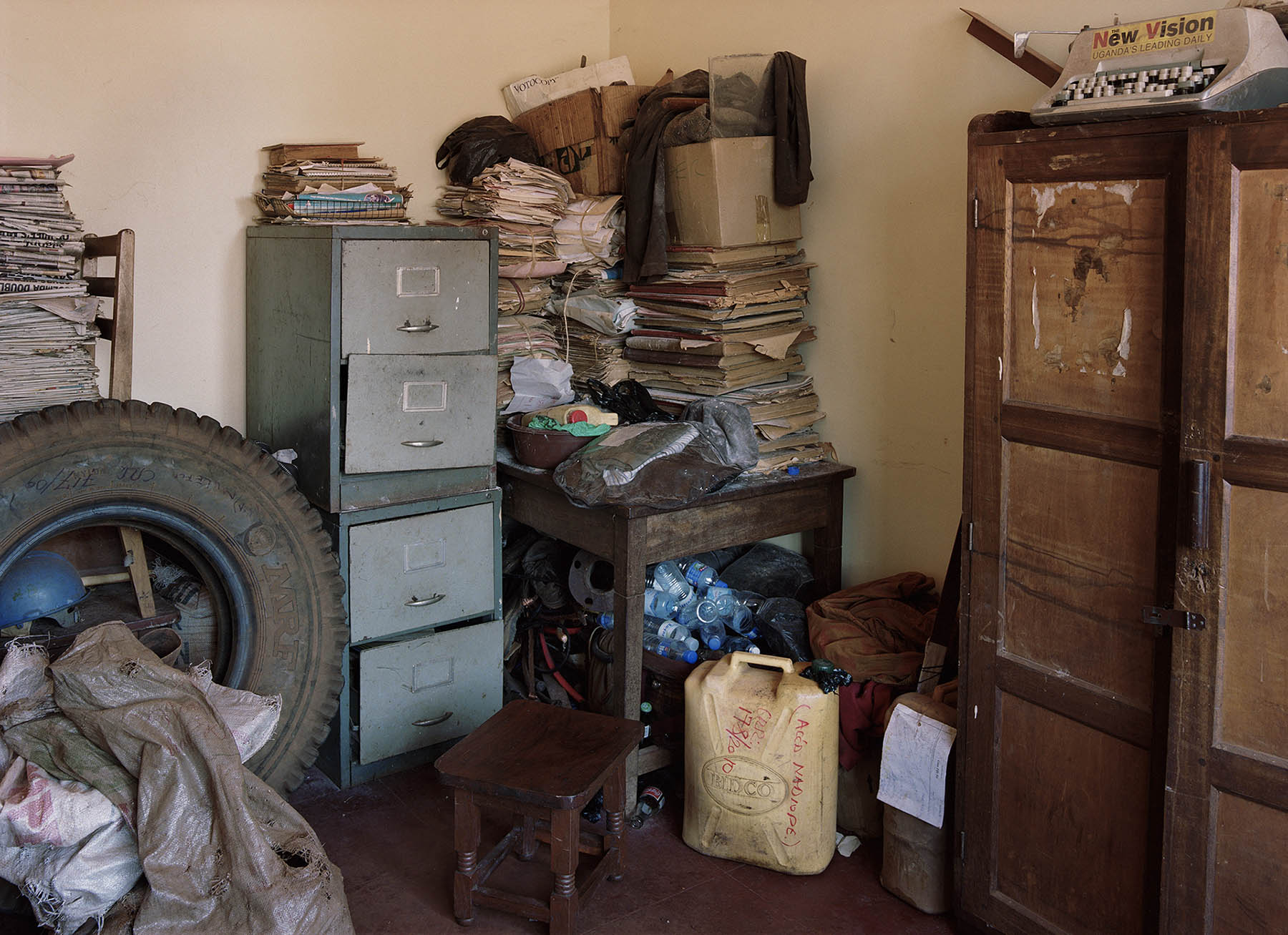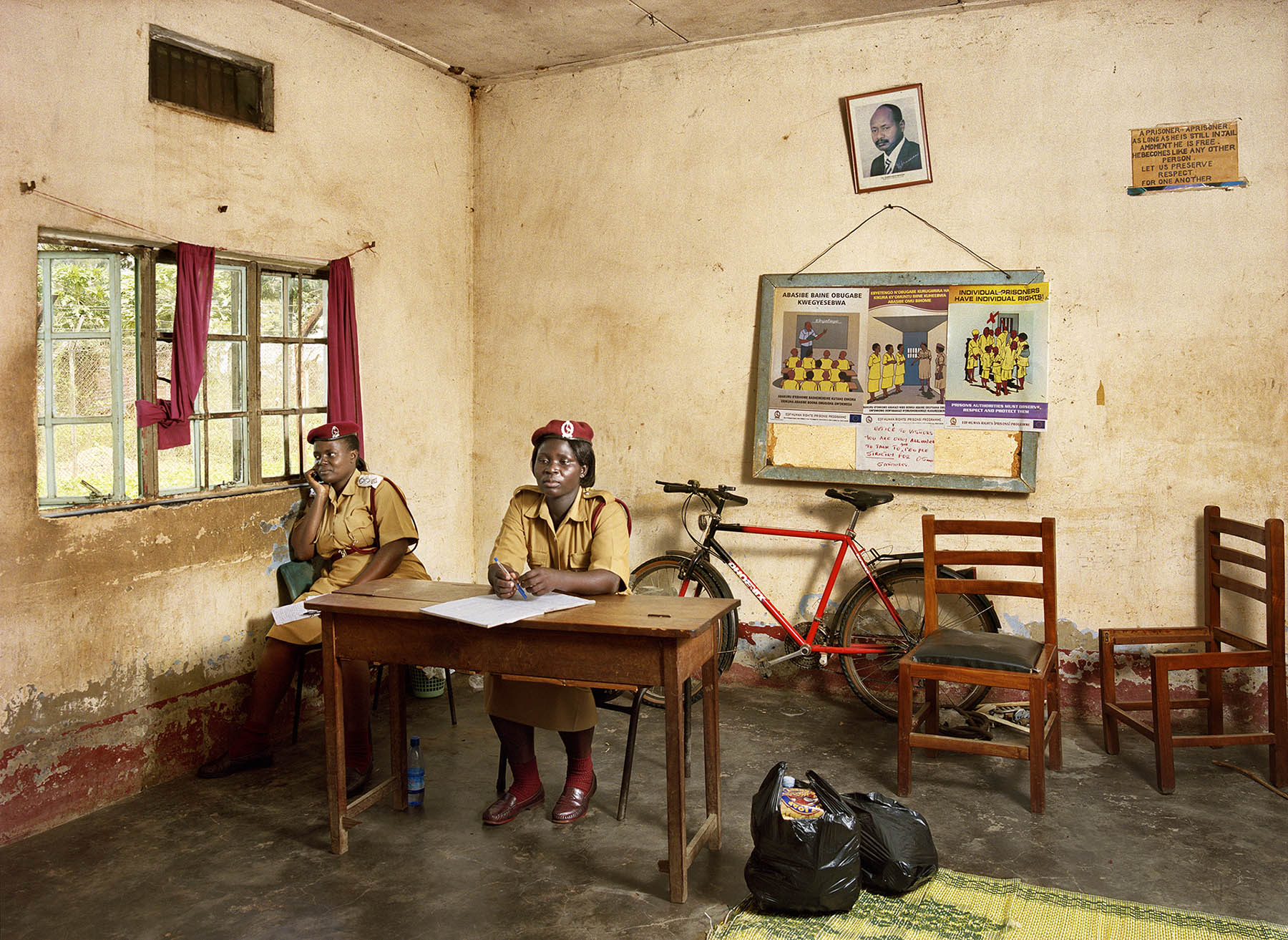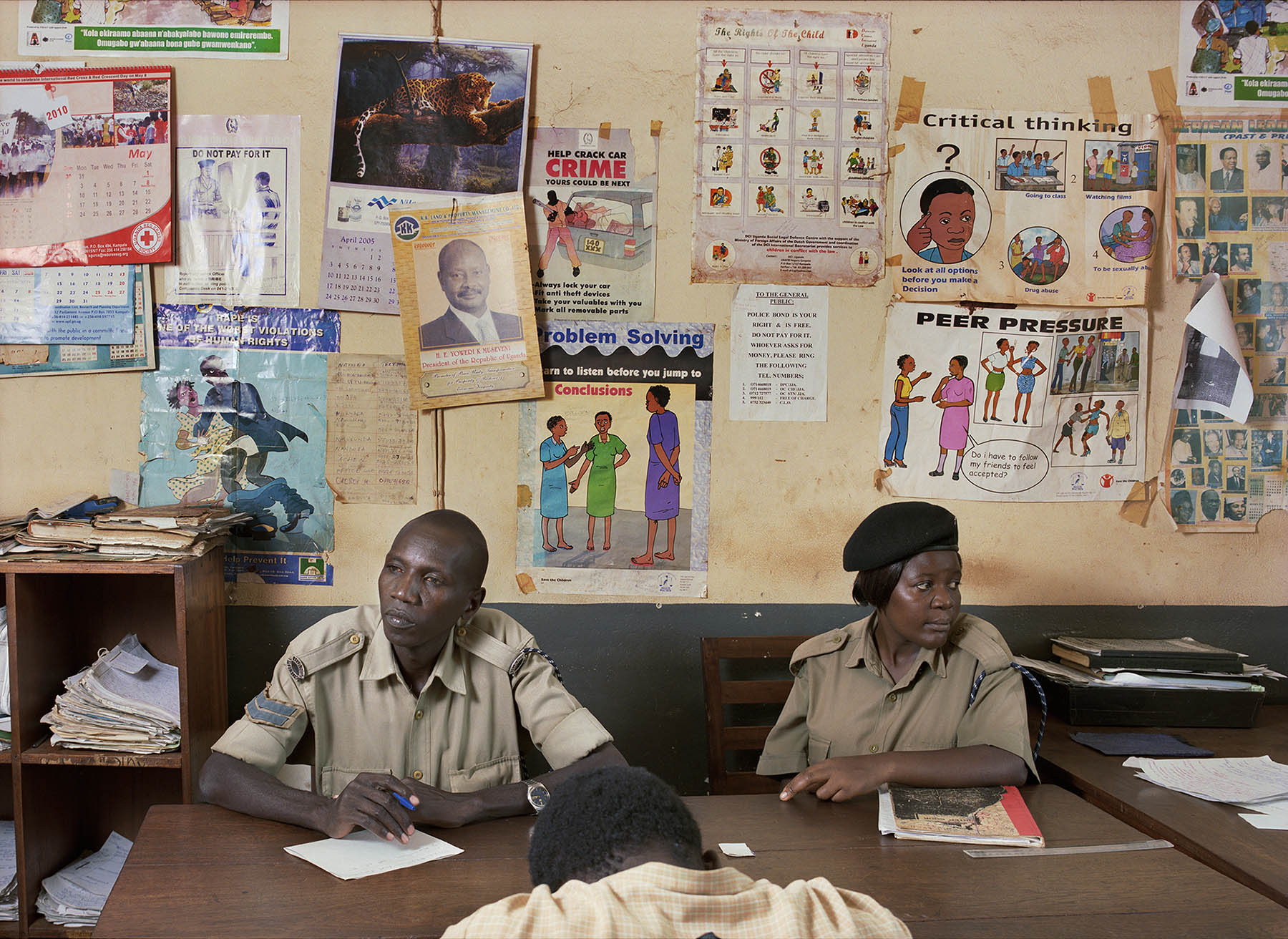Uganda applies the adversarial model of trial procedure. Judges are assisted by laypersons called assessors. Unlike jurors, the opinions of assessors are not binding. The judiciary faces human resource constraints despite the recent appointment of 28 judges. For instance, the current composition of the Supreme Court (of 6 Judges) is less than that anticipated by the constitution (11 Judges). This has contributed to a backlog of cases. The crime rate has been on a decline since 2006, although, in 2013, the decline rate was at a negligible 0.5%. There was however a significant decrease in the some categories. Economic crimes, for instance, declined by 10% while crimes related to narcotic drugs and robberies declined by 14.7% and 15.8 %, respectively. Records of the UN Office of Drugs and Crime indicate that the homicide rate per 100,000 population for the period between 2000 and 2012 has been fluctuating at an average of 8.9 while registering a rate of 7.4 in 2004 and 11.7 in 2012. It however reduced to approximately 10.5 in 2013.
Crimes relating to property are the most prevalent in Uganda due to high unemployment rates and poverty. They range from burglary to armed robberies. Breaking into vehicles, burglary and pick-pocketing are some of the most common. The home is one of the most unsafe places in the country as that is where most valuables are kept. An average house has burglarproof iron bars on its windows and doors. The middle class and affluent have guard dogs and/or private security guards.
Religion and culture play a pivotal role in what is construed as criminal. For instance, sexual offences are termed, “offences against morality” in the code. Consequently, sexual offences are a combination of violations of legally protected interests and socially unacceptable lifestyles. The code for instance criminalises unnatural offenses, indecent practices and prostitution. A law that criminalized homosexuality was introduced in February 2014 but was nullified six months later by the Constitutional Court because of irregularities in the legislative process.
According to recent national statistics there are approximately 40 convicted and 51 remand prisoners per 100,000 people. A study by the International Prison Centre in 2013 revealed that Uganda prisons, which have more than 38,000 inmates instead of the recommended 15,000, are the most congested in the East African sub-region. With an overcrowding rate of 252.9%, Uganda comes third after Benin (307.1%) and Sudan (255.3%) in Africa. Uganda is ninth among the top ten countries with most crowded prisons in the world. There are many unresolved cases but some of these are propelled by a key African perspective to justice that it is better to be reconciled than to resolve a dispute.
Criminal sanctions range from fines to the death penalty. The last known execution in the civilian justice system was in 1999. In 2009, the Supreme Court upheld a Constitutional Court’s judgment declaring both the mandatory death penalty and delays in execution for more than three years unconstitutional. Life imprisonment is the second most severe form of punishment and it means imprisonment for the natural life term of a convict. In cases of term incarceration, early release may be granted not before the convicted has served 2/3 of the sentence imposed. Apart from pardon, sentences may be remitted on grounds of industry and good character.
Under Ugandan law, a child is a person below eighteen years. The minimum age of criminal responsibility is twelve years hence children between twelve and seventeen years may be convicted of an offence. The maximum sentence for a child under sixteen years is three months. For a child above sixteen years, the maximum sentence is twelve months except for capital offences which have a maximum penalty of three years. Detention of children is a matter of last resort. By October 2013, there were 297 children in the National Rehabilitation Centre, which serves as the only juvenile detention facility in the country. To give birth, incarcerated women go to hospital. Mothers can keep their children with them till they are 3 years old. Some prisons have special programmes (additional feeding, Kindergarten).
Under Ugandan law, a child is a person below eighteen years. The minimum age of criminal responsibility is twelve years hence children between twelve and seventeen years may be convicted of an offence. The maximum sentence for a child under sixteen years is three months. For a child above sixteen years, the maximum sentence is twelve months except for capital offences which have a maximum penalty of three years. Detention of children is a matter of last resort. By October 2013, there were 297 children in the National Rehabilitation Centre, which serves as the only juvenile detention facility in the country. To give birth, incarcerated women go to hospital. Mothers can keep their children with them till they are 3 years old. Some prisons have special programmes (additional feeding, Kindergarten).
Catherine S. Namakula and Josephine Ndagire (MPI)

